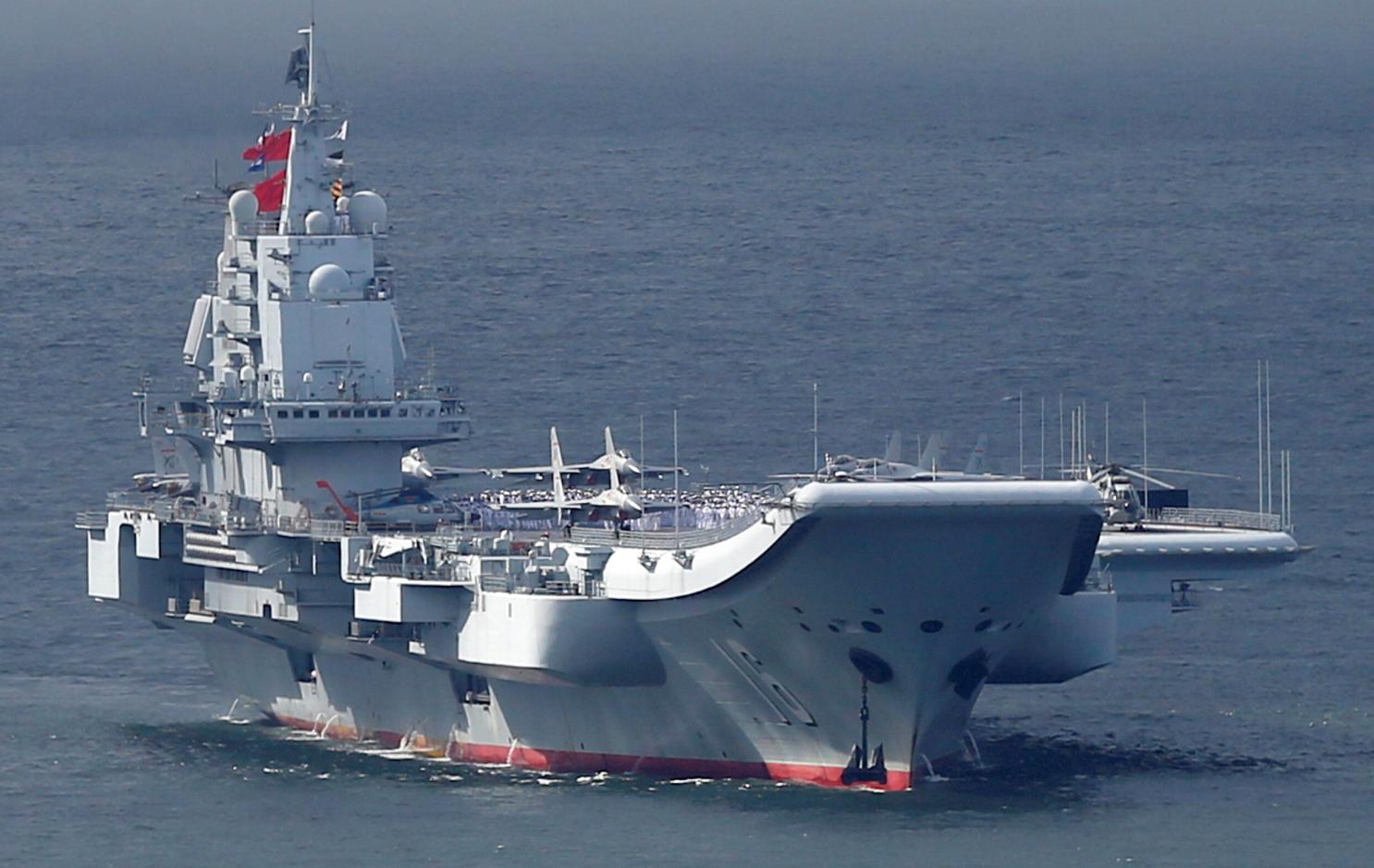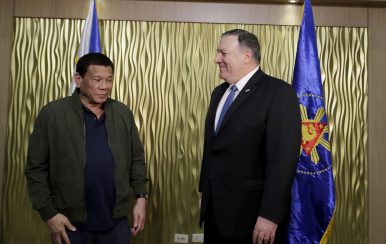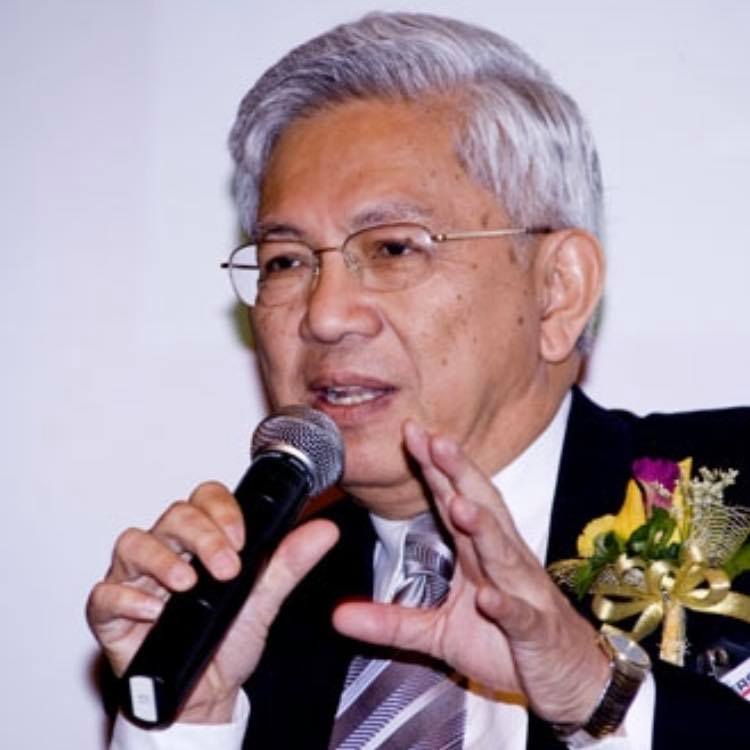Publications
As US-China great power rivalry intensifies, smaller states in Southeast Asia seek a way to thrive, not just survive
- Details
- Written by: Lucio Blanco Pitlo III
Small states matter in big-power rivalry. This was one key takeaway from the 18th Shangri-La Dialogue held recently in Singapore. As US-China rivalry intensifies, small states worry that their room for manoeuvre may diminish and they may be compelled to make difficult choices. To address this, they should work together as a group to increase their leverage and raise their influence as they deal with major powers.

Singapore Prime Minister Lee Hsien Loong argues that while small states may seem powerless in the face of two opposing elephants, they are not entirely without agency. Photo Source: South China Morning Post
Carrying Power Projection: Aircraft Carrier Development in the Asia-Pacific
- Details
- Written by: Santiago Juditho Emmanuel Castillo

Photo Source: National Interest
There is a growing trend among the regional powers in the Indo-Pacific on the development of aircraft carriers. This may be the result of the maritime territorial disputes in the East and South China Sea, as well as the growing geostrategic shifts manifested by China’s rise. China recently activated its first operational aircraft carrier the Liaoning in 2016. At the same time, it is also developing more carriers to bolster its fleet, challenge US power in the Indo-Pacific, and establish stronger maritime control in the region. In effect, a handful of key regional powers have also started to develop their own aircraft carriers despite certain limitations. In effect, other regional powers also began their own aircraft carrier development projects and would lead to the possibility of a low-level naval and air arms race. While the deployment of aircraft carriers is not as numerous in the region compared to other effective naval platforms such as attack submarines, the mere operational deployment of a single aircraft carrier can be a powerful strategic force multiplier to any country that effectively commands one.
How to Reinvigorate the US-Philippine Alliance
- Details
- Written by: Jay Batongbacal
In March, U.S. Secretary of State Mike Pompeo visited Manila, the capital of the Philippines. Publicly, and in no uncertain terms, he declared that the United States would honor its commitments under the Mutual Defense Treaty (MDT) should any Philippine vessel or aircraft be attacked anywhere in the South China Sea. Pompeo’s comments came amid uncertainties with respect to the alliance under Philippine President Rodrigo Duterte, including talk of a potential review of the alliance. Though international focus was on the U.S. commitment itself and its significance, Philippine responses to Pompeo’s comments were more mixed due to a range of factors and in spite of Washington’s best efforts to boost collaboration with Manila. But beyond this, the hope is that Pompeo’s commitment will jumpstart a broader effort by the two allies to reinvigorate the U.S.-Philippine alliance in the coming years.

Photo Source: The Diplomat
Remembering Rod Severino, 27 April 1936 – 19 April 2019
- Details
- Written by: Aileen S.P. Baviera

Photo Source: Howie Severino on Facebook
He would have celebrated his 83rd birthday last April 27. But Rodolfo C. Severino, Jr. passed away on April 19. He will be sorely missed.
